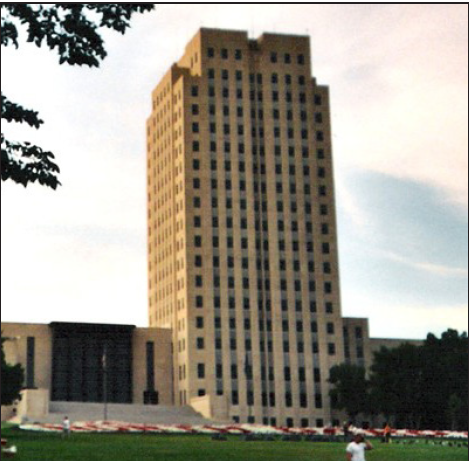This week the state of North Dakota asked a federal judge to lift an injunction, enacted in August 2016, that prevented the state from enacting its voter identification law that did not include the affidavit option, a previous option available to voters to prove their eligibility.
The North Dakota Legislature passed a measure in 2013 that effectively eliminated the affidavit option for voters who didn’t provide a valid ID. In 2015, however, the measure was challenged by members of the Turtle Mountain Band of Chippewa in federal court, who argued the laws were unconstitutional and discriminatory toward specific populations of voters, particularly Native Americans.
In August 2016, the federal judge granted a preliminary injunction, later ordering North Dakota to offer affidavits. The actions by the judge happened just a few short months before the 2016 election, forcing the state to reevaluate the electoral system for November.
Until the judge reverses the injunction, Deputy Secretary of State Jim Silrum said North Dakota will continue to offer voter affidavits.
Judge Daniel Hovland, when he issued the decision in 2016, stated, “It is undisputed that the more severe conditions in which Native Americans live translates to disproportionate burdens when it comes to complying with the new voter ID laws.” The order also reaffirmed that “tribal government issued identification cards” could be used at polling places.
In a 2016 complaint, arguments of the new law claimed that it “maintains North Dakota’s restrictive voter ID requirements,” and significantly affects Native American populations. The argument claims that “with no fail-safe mechanism,” the law will impose heavy burdens on specific communities and disenfranchise voters across the state.
On Tuesday, Jan. 16, the state filed a memo to the U.S. District Court of North Dakota and argued, “Thousands of unverifiable votes will likely be cast in future elections as long as North Dakota is forced to use voter’s affidavits in conjunction with its choice to remove registration as an impediment to voting.”
The state argued that because of North Dakota’s status as the only state without voter registration, the voter affidavits were “incompatible” with the system because there are no means of verification for the affidavits.
The state’s memo also recognized the Legislature’s changes that would set aside ballots for voters without an ID until they could produce one. With the new changes, a voter can use a current utility bill, bank statement, paycheck or a government-issued check or document in lieu of their ID. The state recognized that IDs will be accepted of those issued by the Department of Transportation and tribal governments, including options for “special circumstances.”
